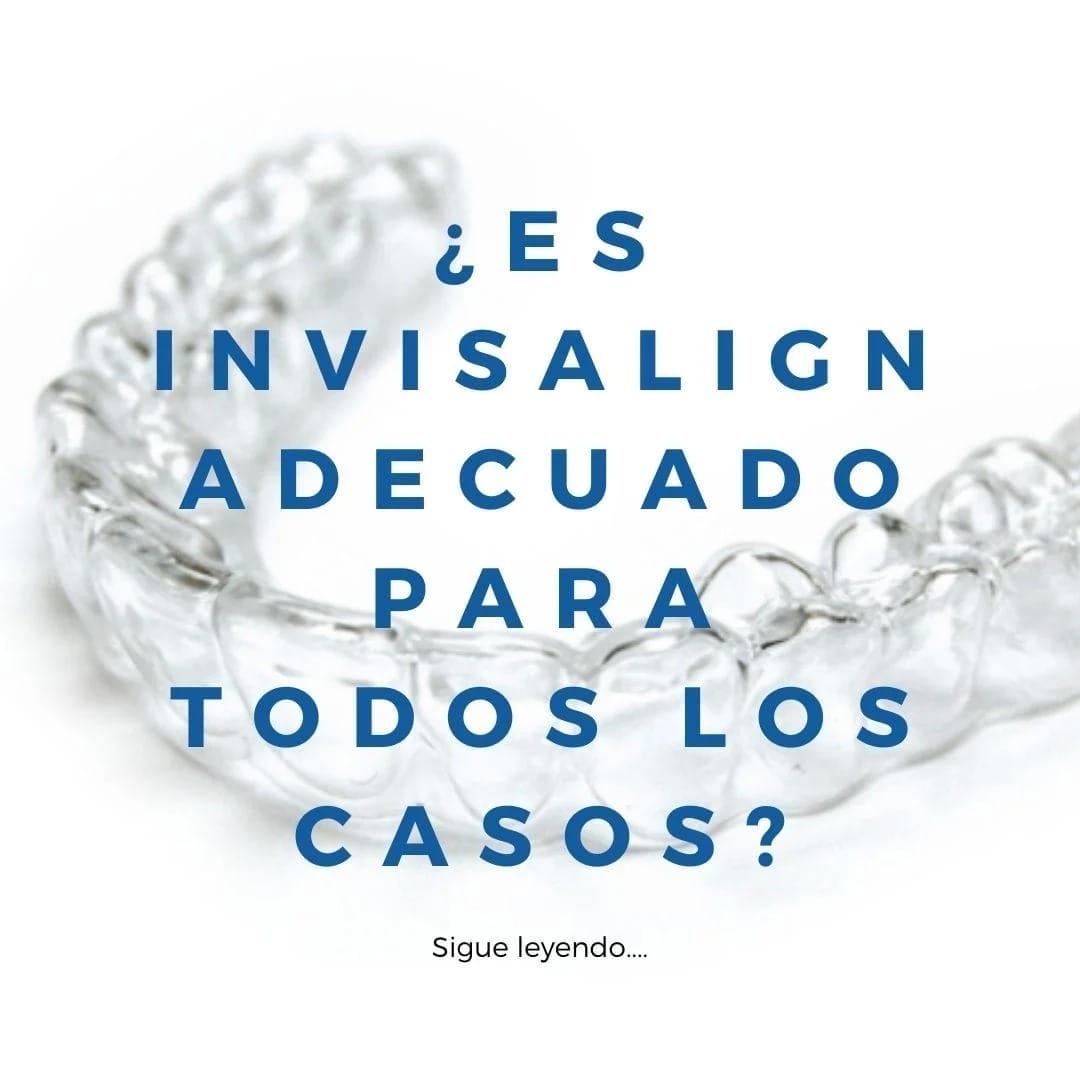Pregnancy affects almost every aspect of a woman's life, including her oral health. It is important to take care of your mouth and teeth during pregnancy.
To help minimise the risks during pregnancy, here are some general tips and some of the conditions to look out for:
BEFORE YOU GET PREGNANT
- Go to the dentist for dental hygiene and a check-up of your gums.
- You should treat cavities or possible dental pathologies that may affect your baby or damage your teeth.
FIRST QUARTER
- Inform your dentist that you are pregnant
- Hormonal changes can lead to inflammation of the gums-> pregnancy gingivitis
- Rinse your mouth with mouthwash, especially if you suffer from vomiting.
- After vomiting wait half an hour before brushing your teeth.
- Use a soft bristle brush
SECOND QUARTER
- If you need urgent dental treatment, this is the period when there is the least risk.
- Avoid sugary foods that put your teeth and gums at risk.
- diet rich in vitamin C, calcium, vitamin B12
- Some pregnant women suffer from swollen gums, bleeding and lumps.
THIRD QUARTER
- Avoid any dental treatment during the last 6 weeks of pregnancy.
- Maintain thorough dental care through brushing and flossing.
POST PARTUM
- Visit your dentist as soon as possible after you have given birth.
- X-rays, local anaesthesia can be used safely during breastfeeding.
- You must be very aware of 'baby bottle tooth decay' and give your baby a proper oral cleaning.


